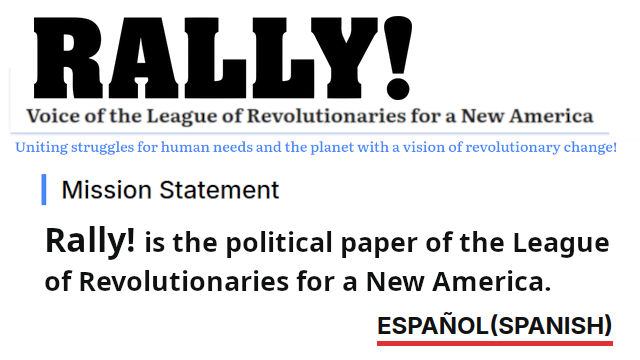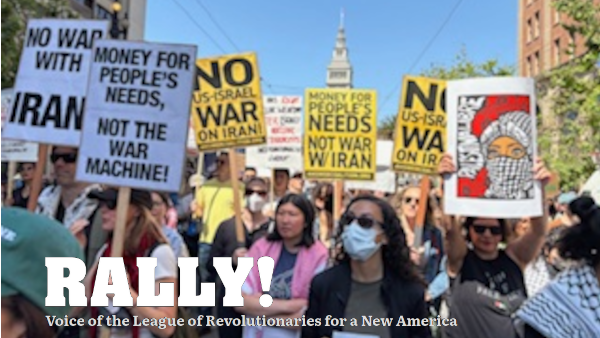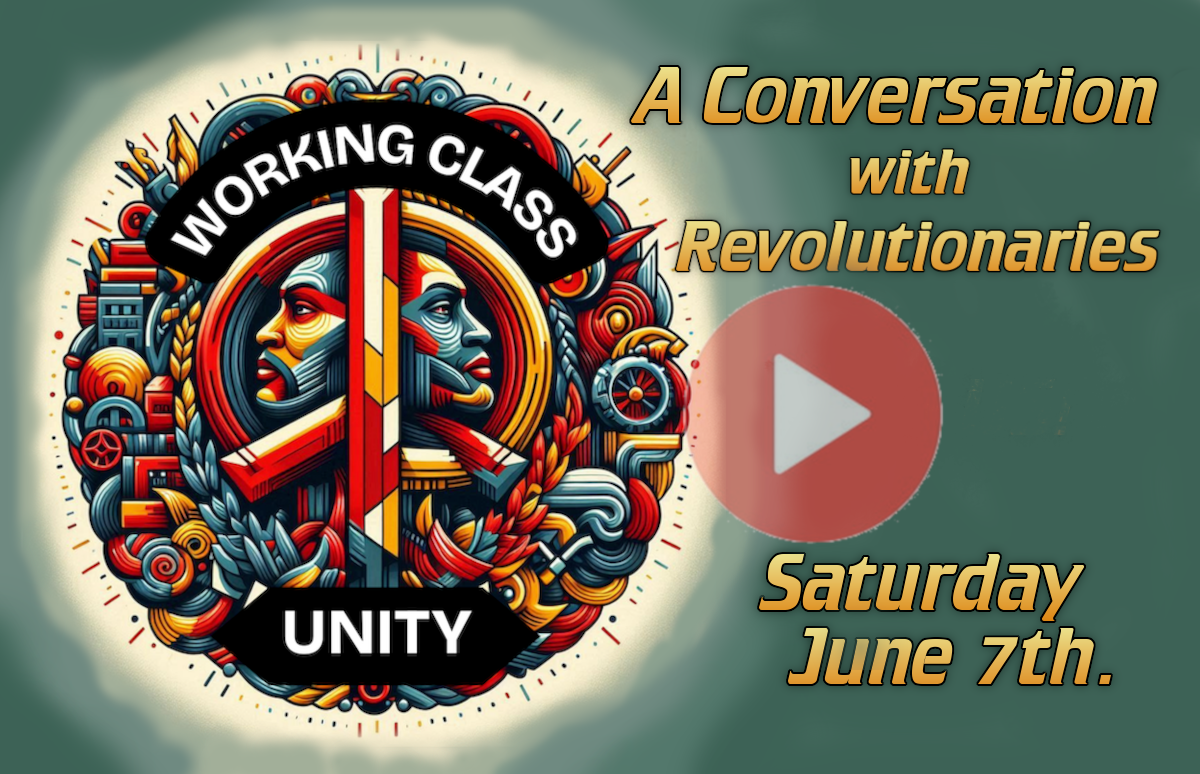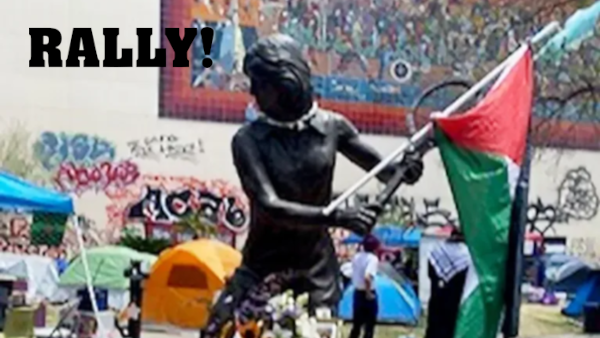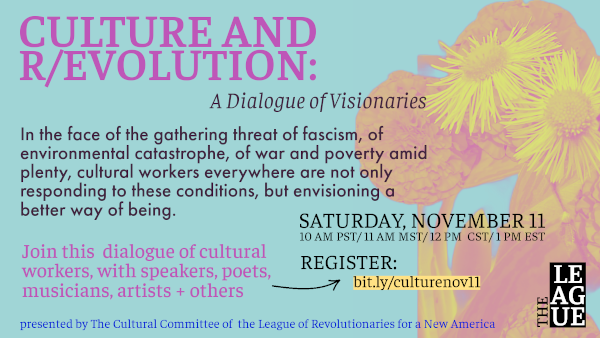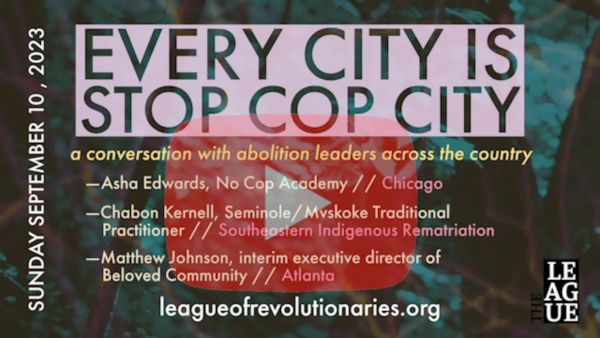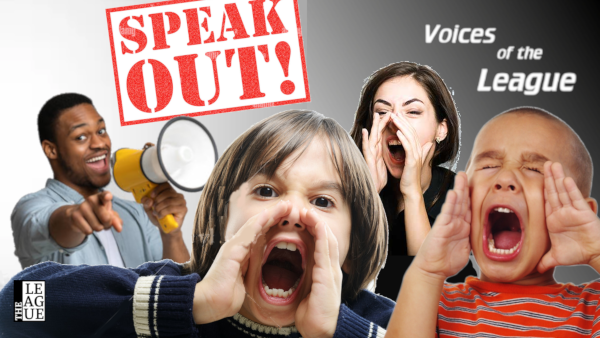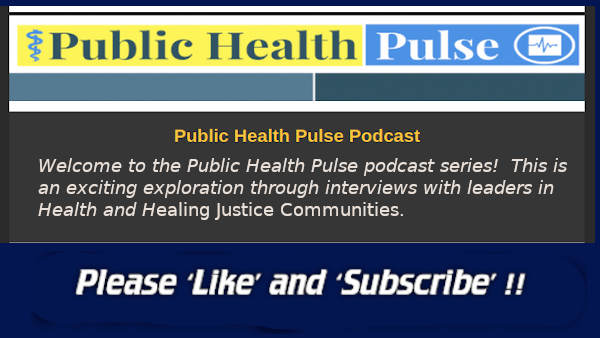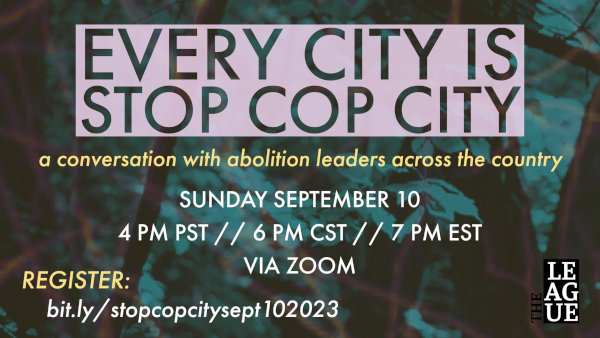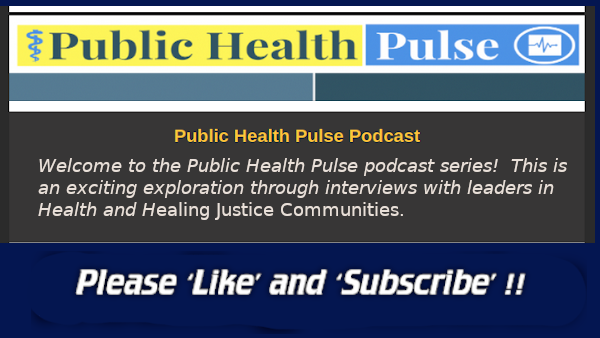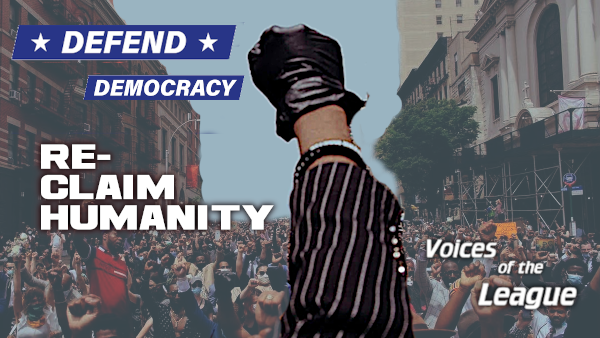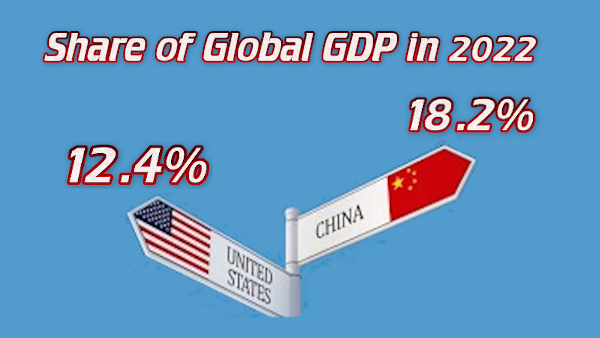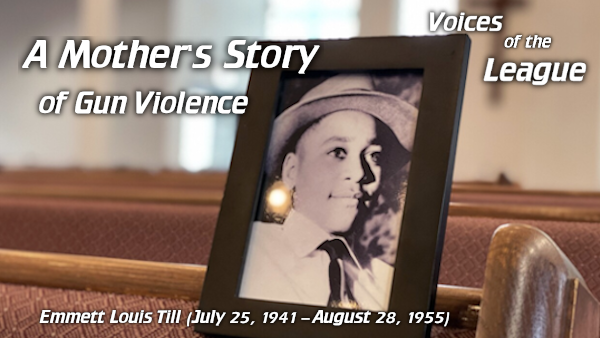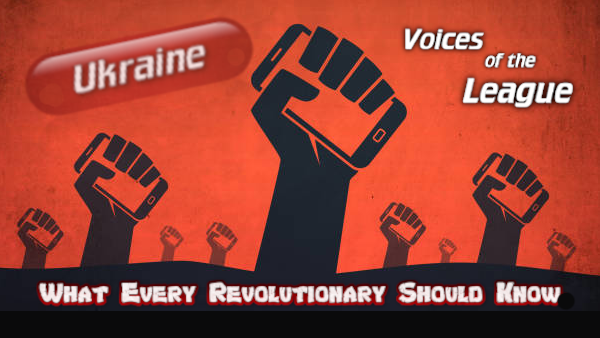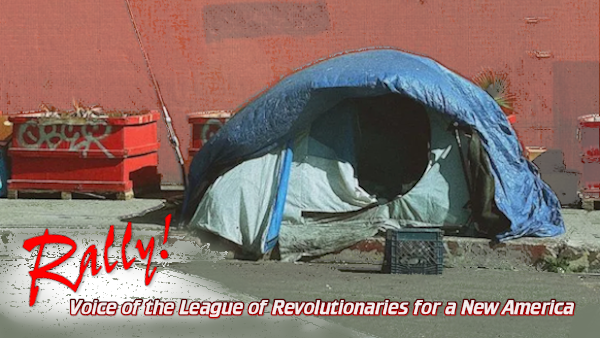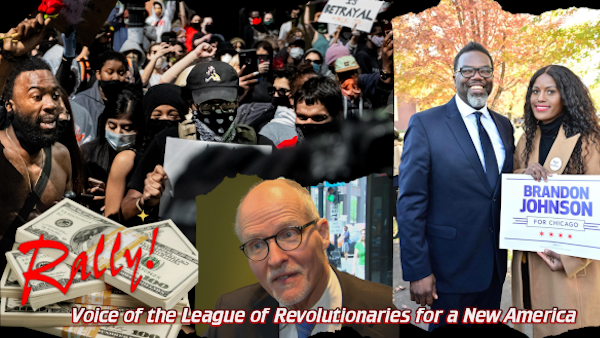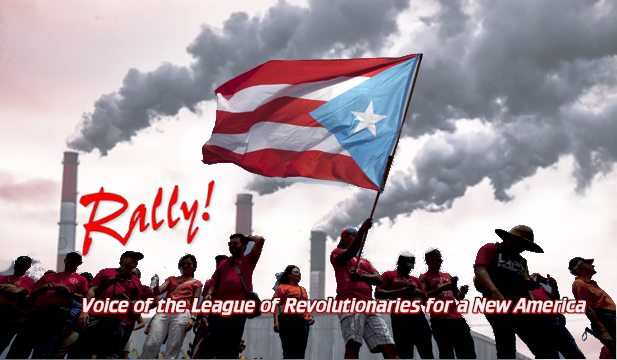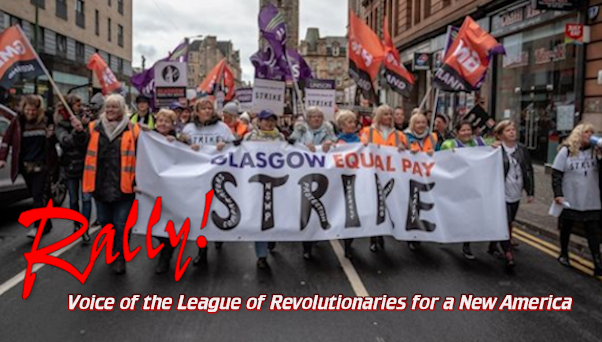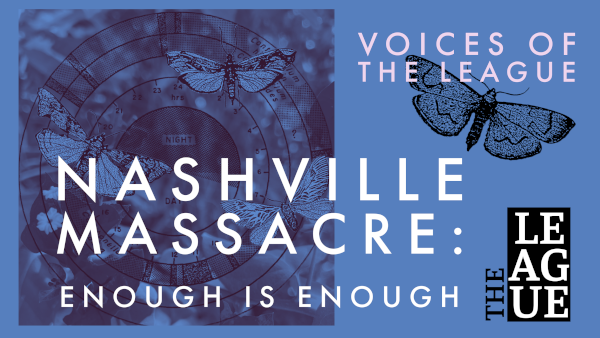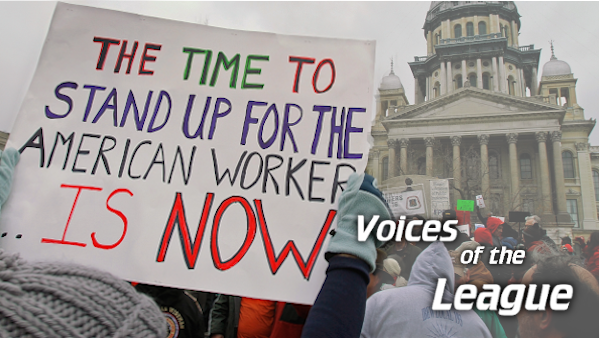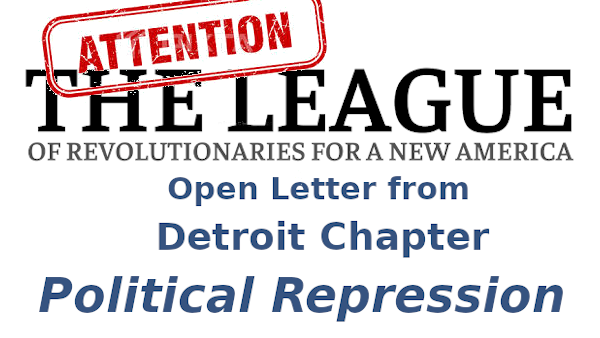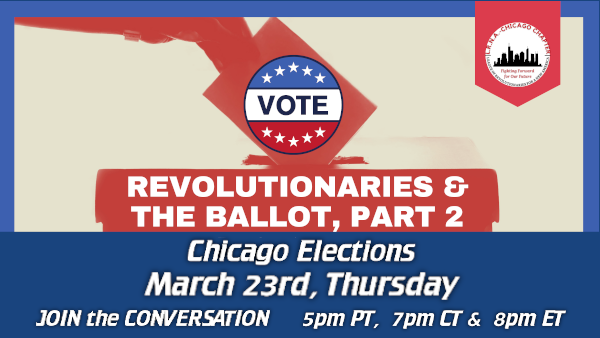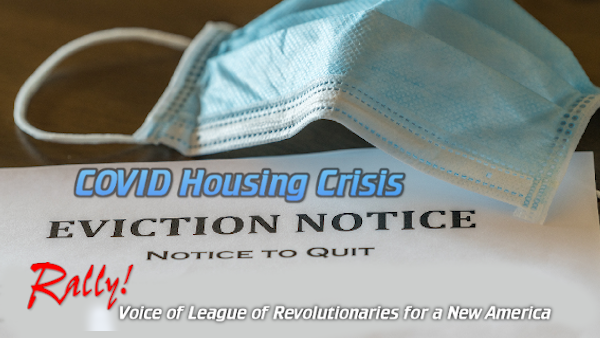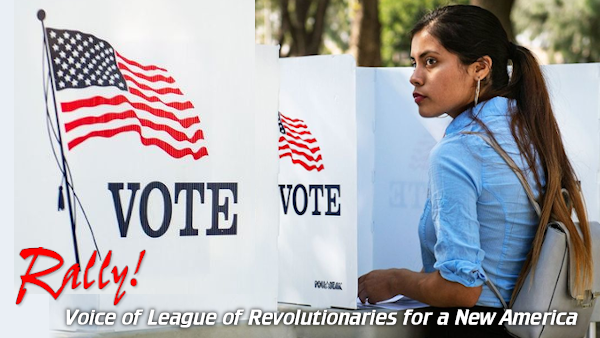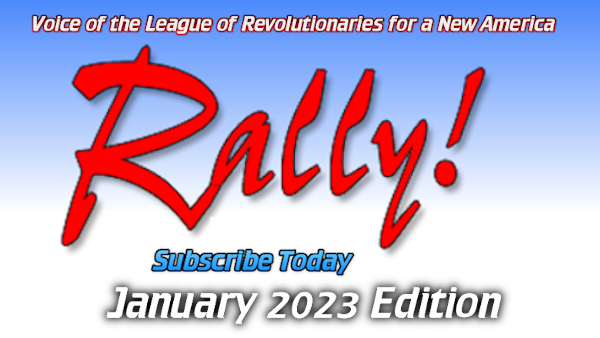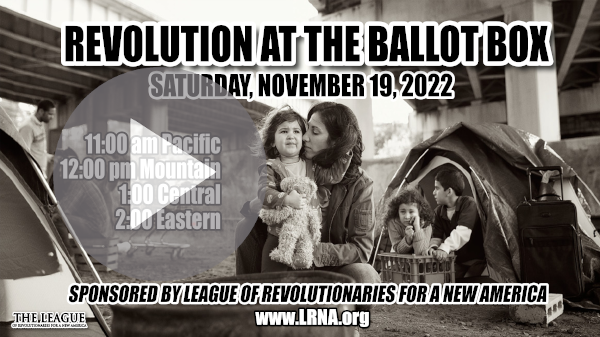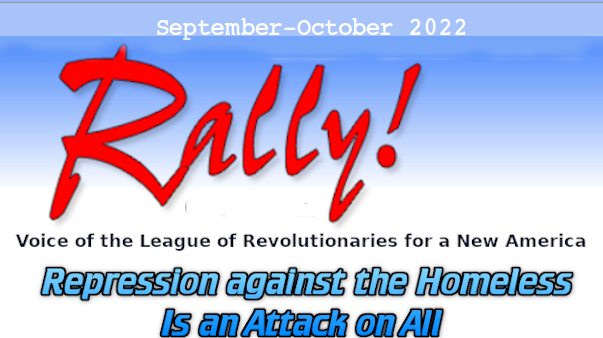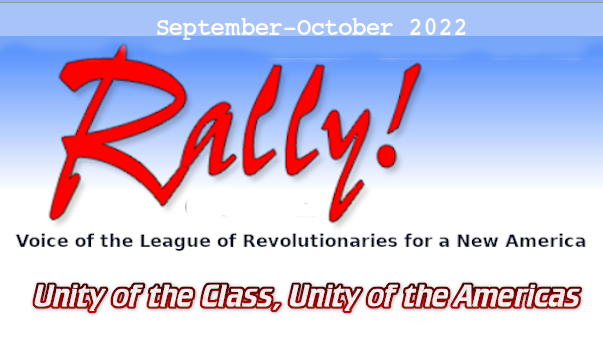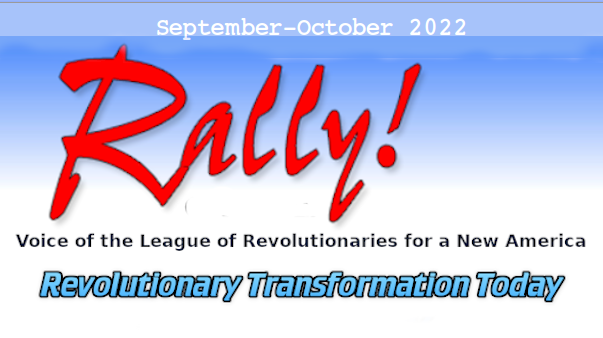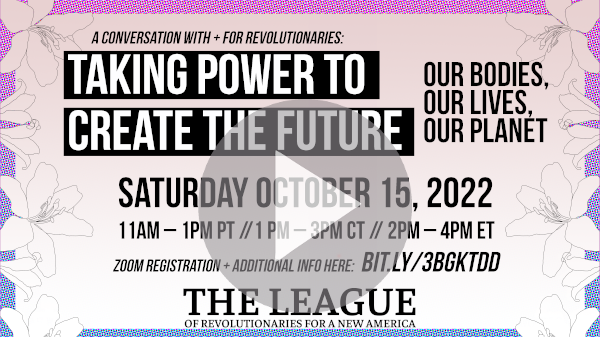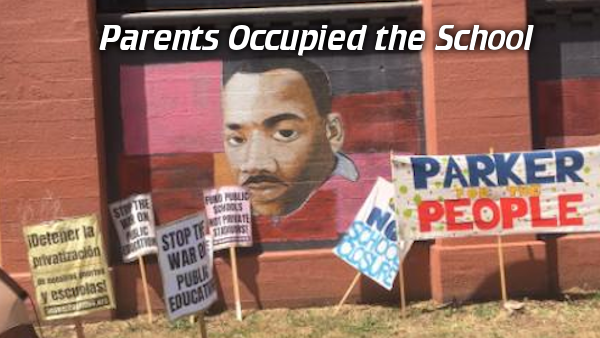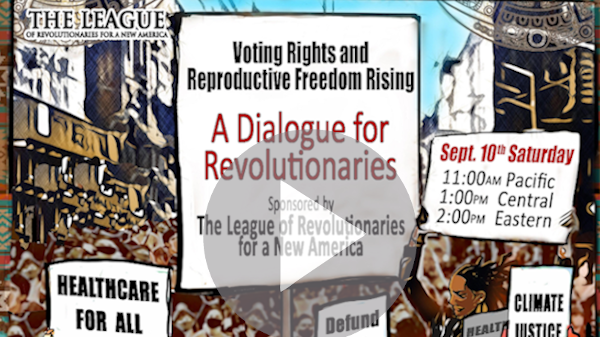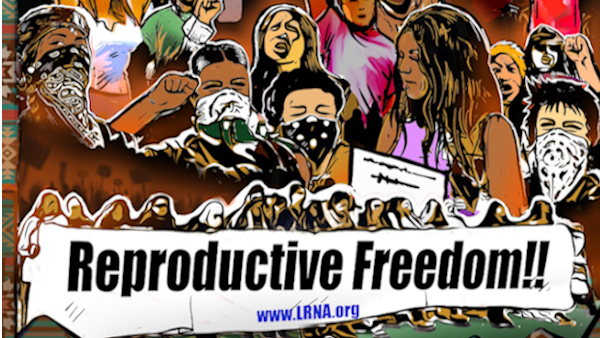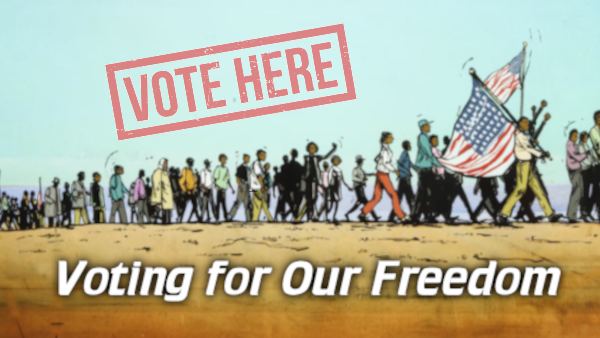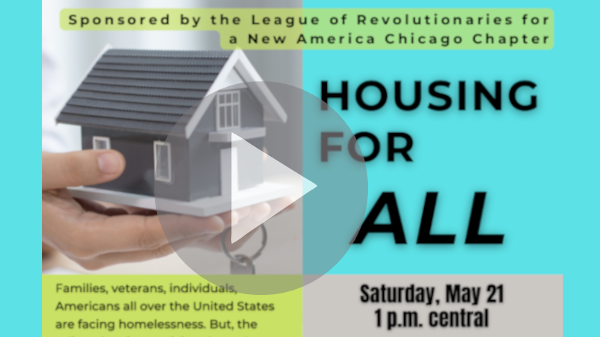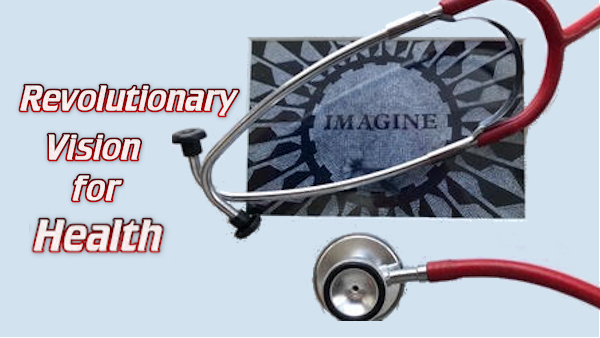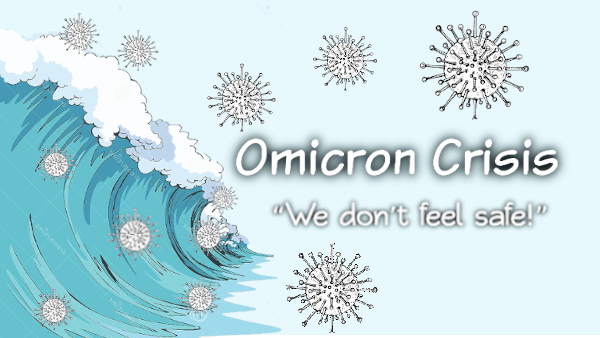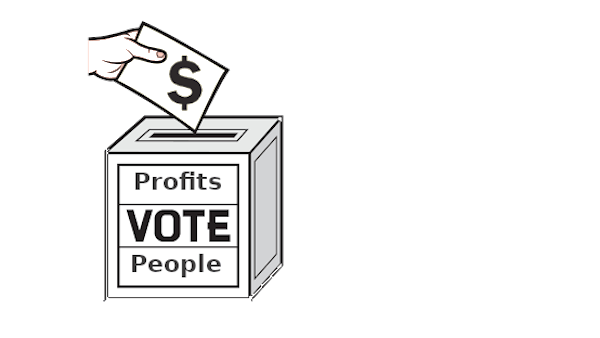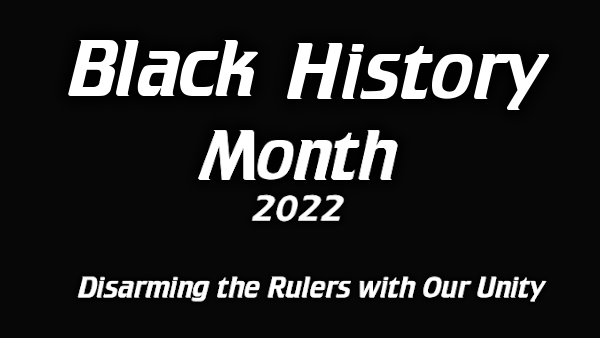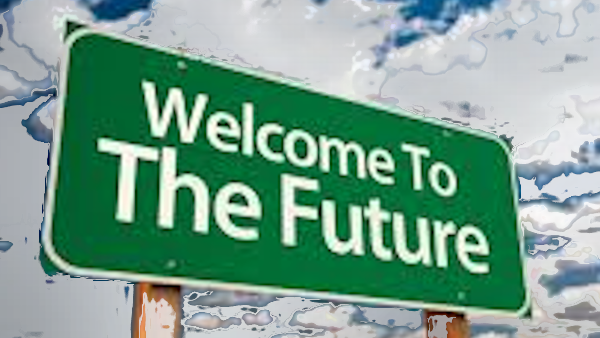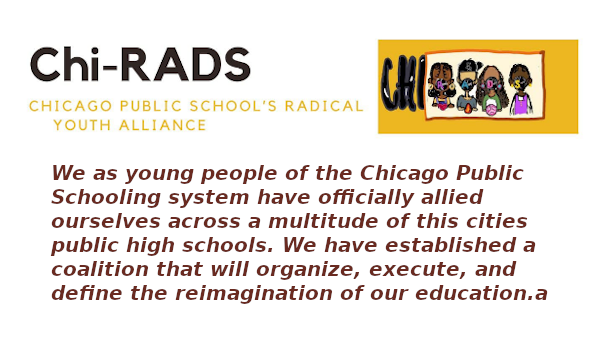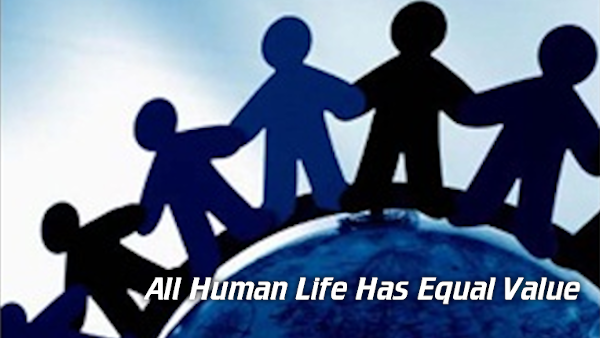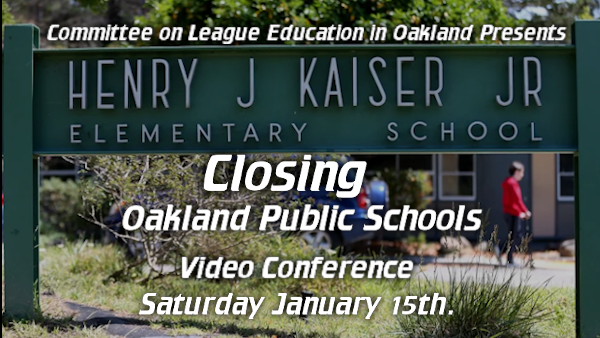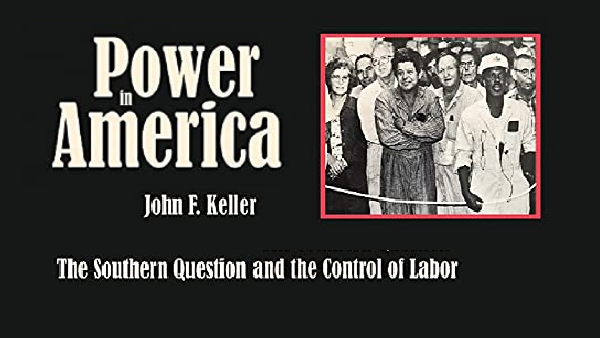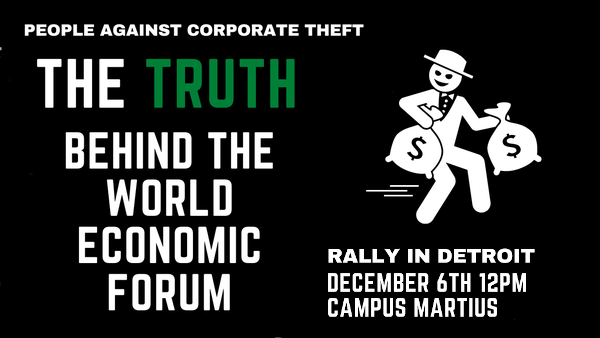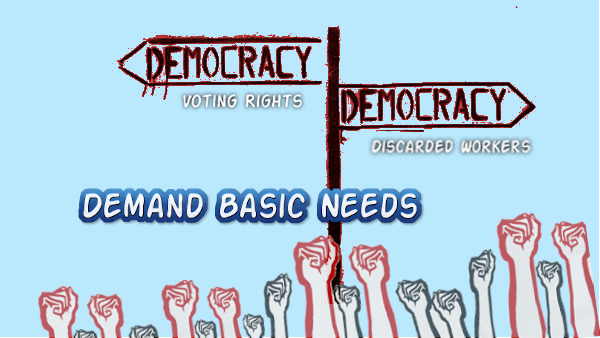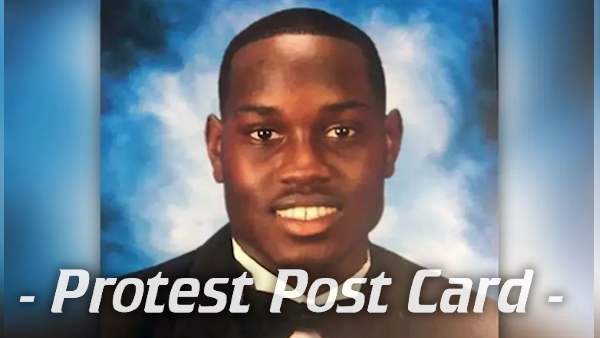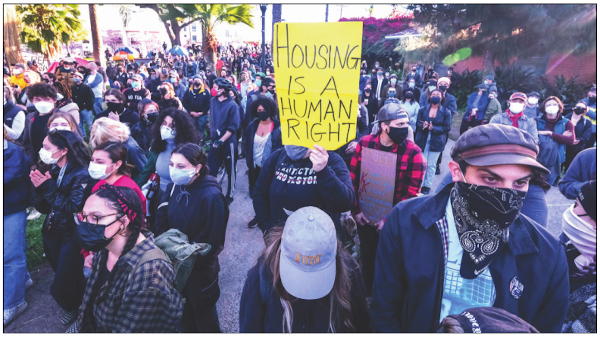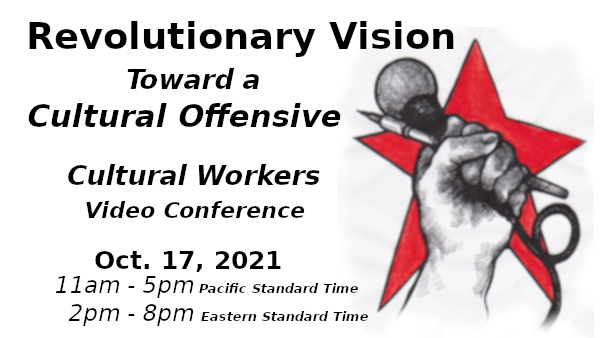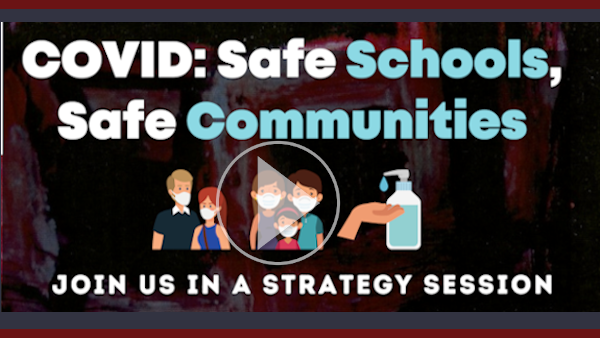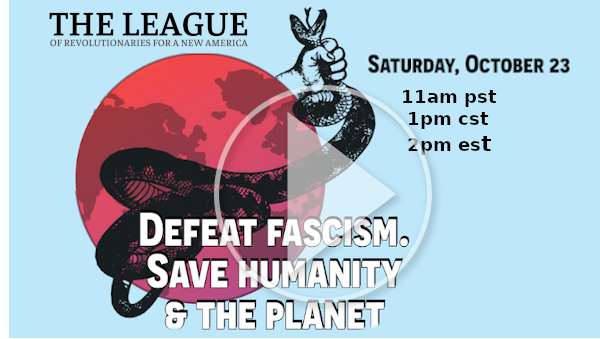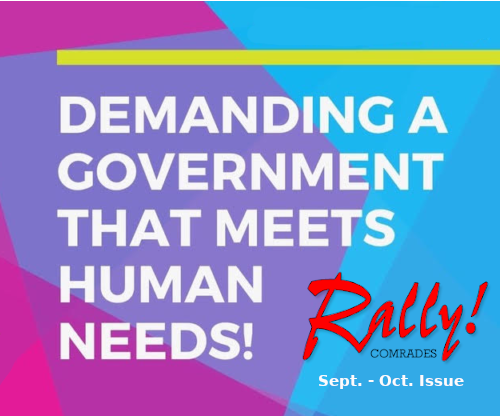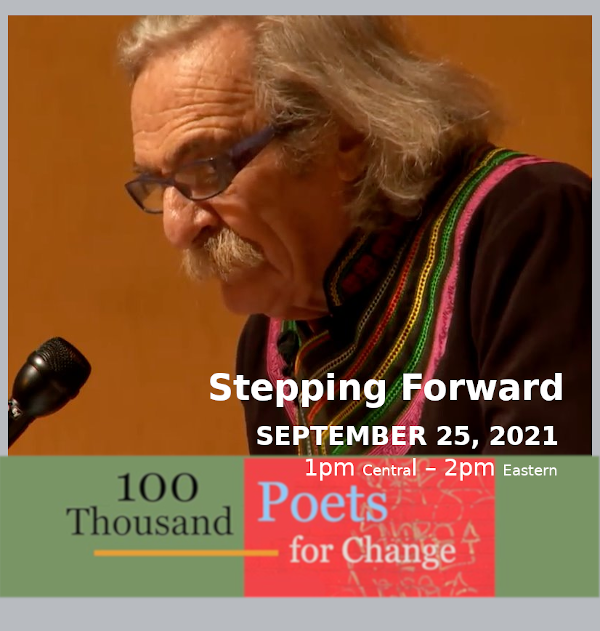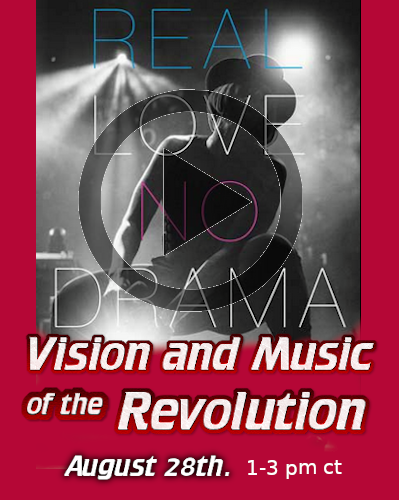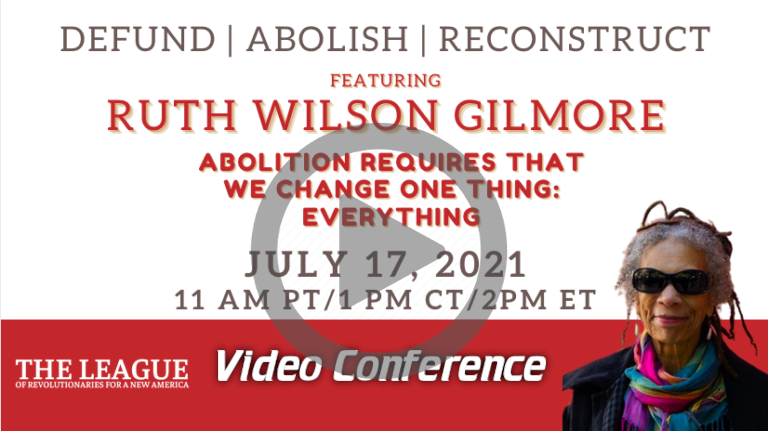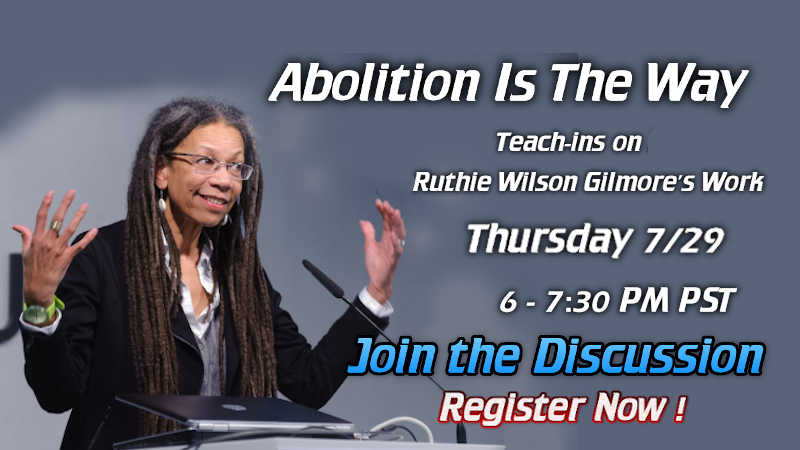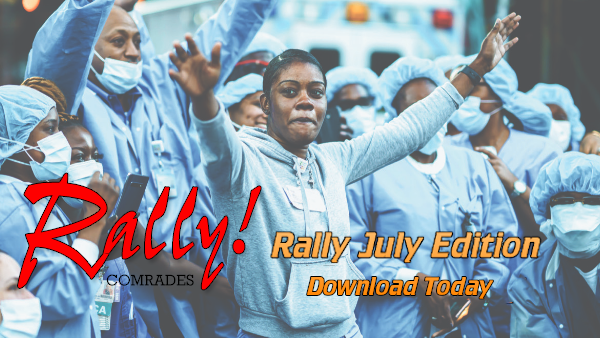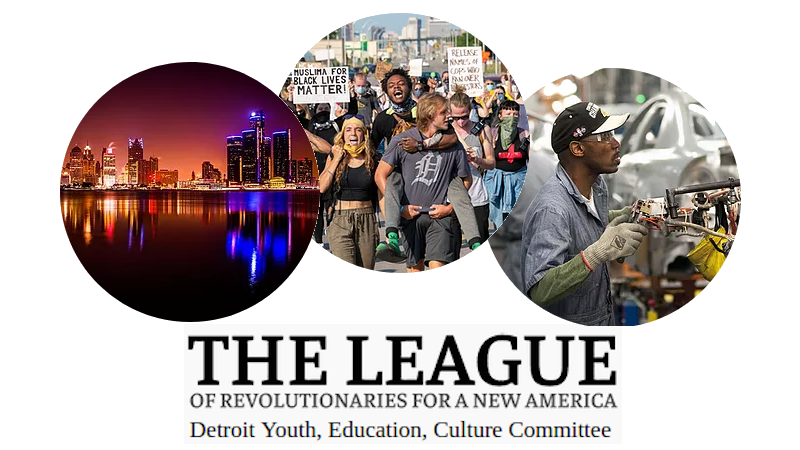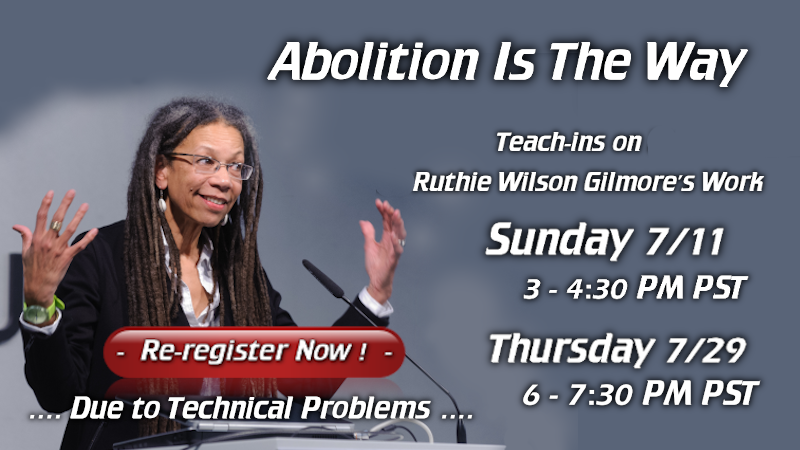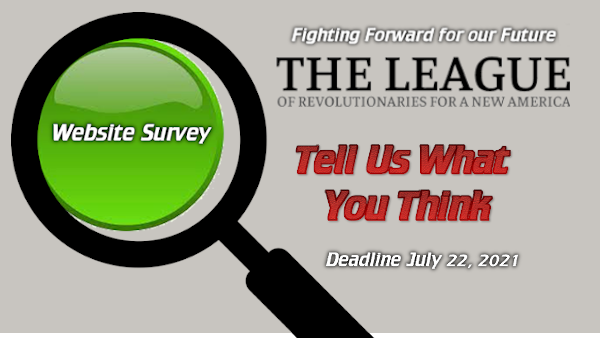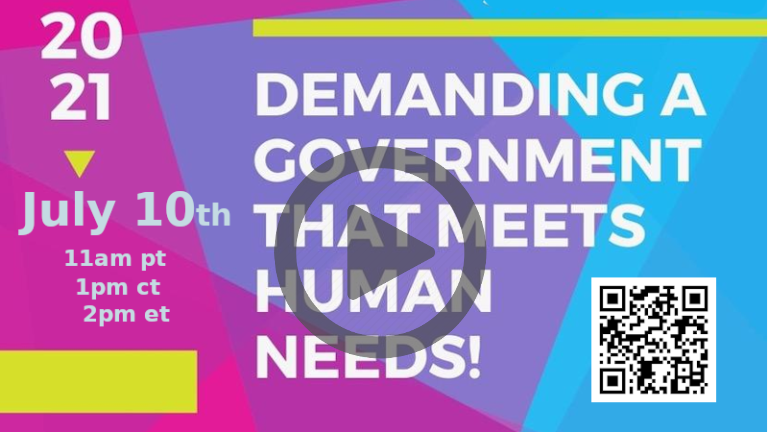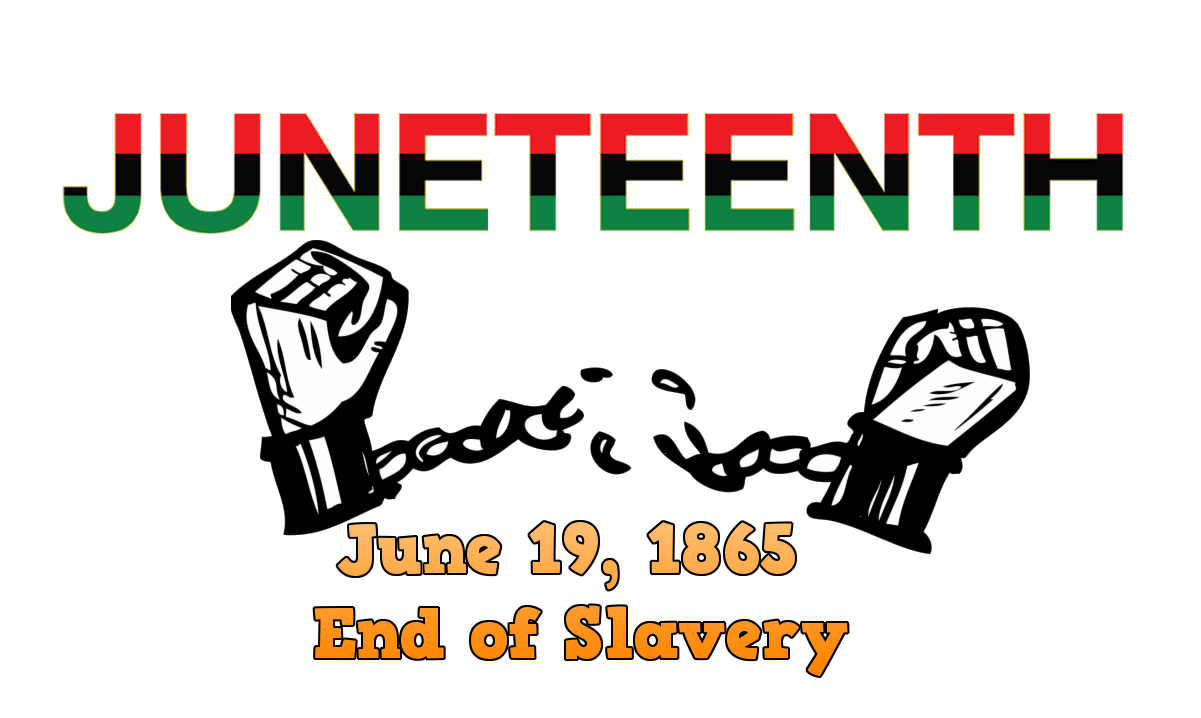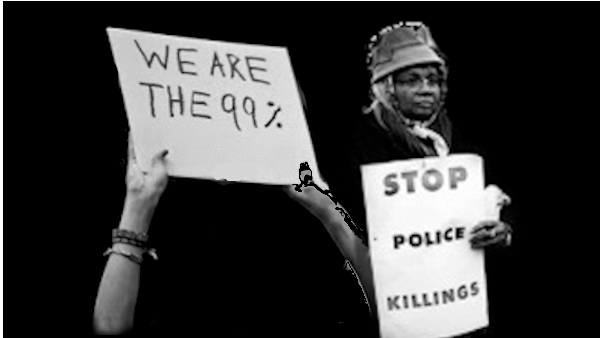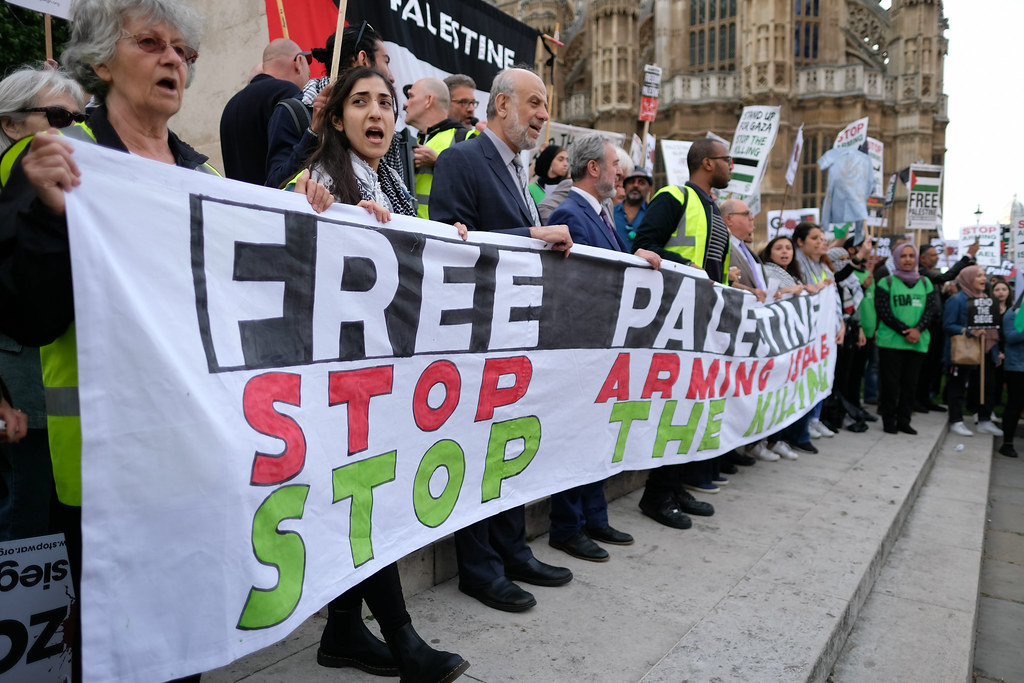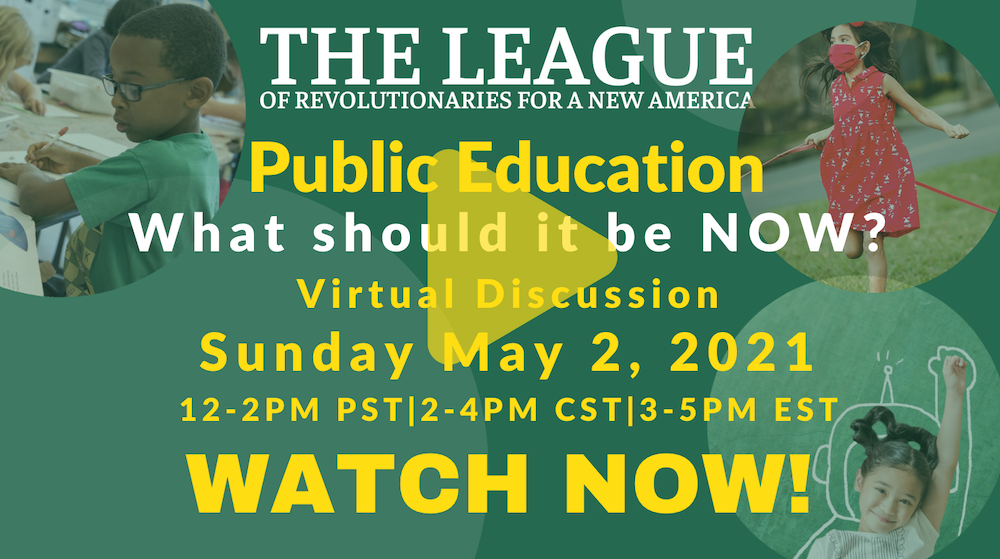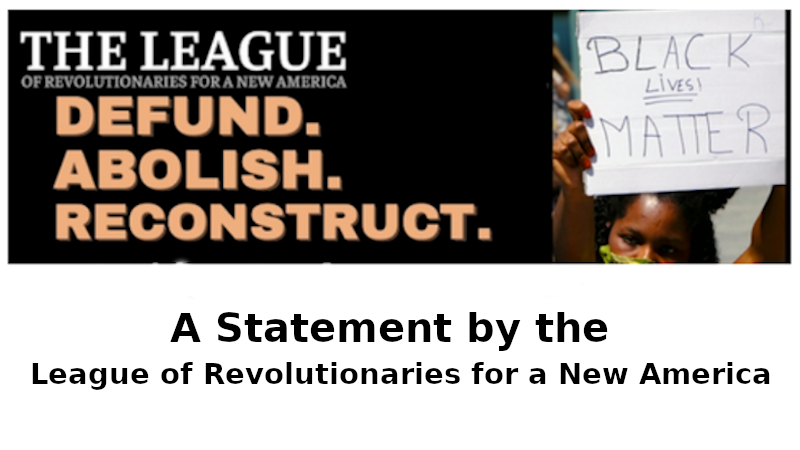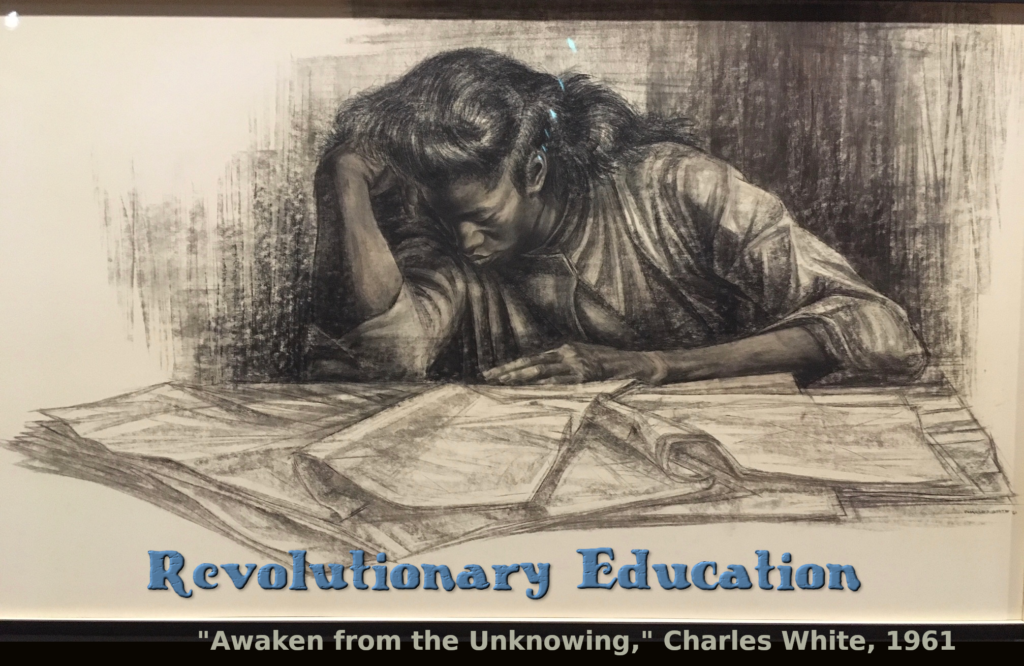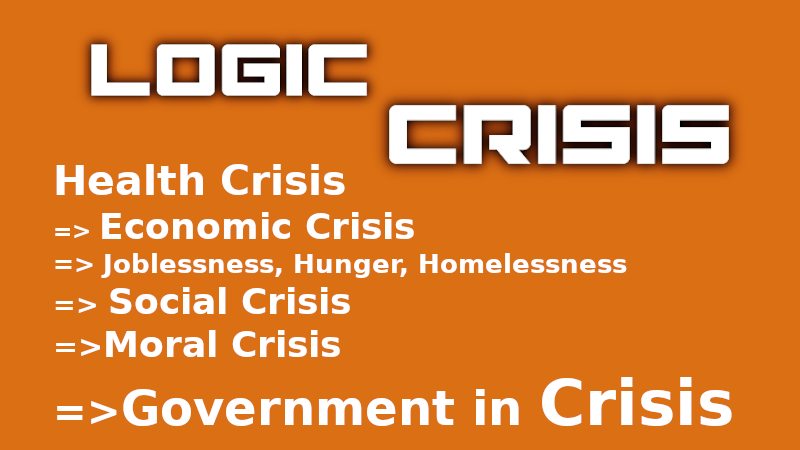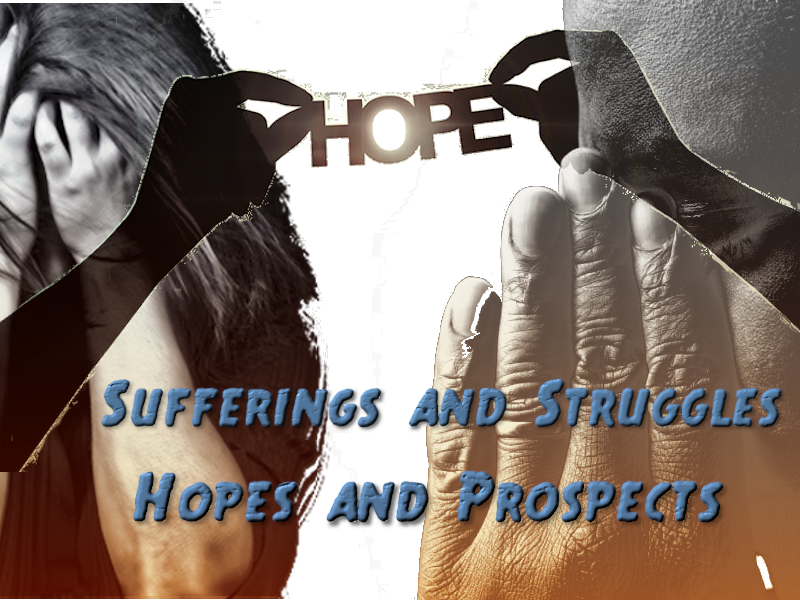Sufferings and Struggles, Hopes and Prospects
Sufferings and Struggles, Hopes and Prospects
Sixty-two percent of Americans agree that the U.S. government’s handling of the Coronavirus crisis is going badly. No community is untouched by the devastating pandemic.
The havoc can be seen in the numbers suffering from the social and economic blows to individuals and families. According to an analysis of census data released by the Hamilton Project, nearly 14 million children in the United States went hungry in June. That’s an increase of more than 10 million since 2018 and nearly three times the number of children who went hungry during the Great Recession of 2007. Three in ten Black families don’t have enough food for their children. The relief measures from the federal government are running out, abandoning millions of Americans.
You won’t find any of the one percent among them. Now, look at this from the point of view of individual families coping with this every day. How did this come to be, and what can be done? To make history, determining our own future requires that we understand the situation and how to move forward.
What’s Causing This Upheaval
Before COVID-19, the country’s landscape was changing, pushing more of us into hunger, homelessness, and illness. Society is undergoing revolutionary change, and a new class is being born, with most of us rapidly becoming a part of that class. The cause of the upheavals all around is the transformation from industry to robotics.
Some argue that just as many jobs are being created as are lost to robots and electronic production. But it is the nature of humans to continually improve our ability to produce what we need, so computerized technologies are increasingly being introduced into succeeding sectors of the economy. Self-serve kiosks are everywhere, trash is sorted by and offices are cleaned by robots, packages are delivered by drones, and driverless cars and trucks are being developed. It is projected that up to 20 million manufacturing jobs around the world could be replaced by robots by 2030, according to the analysis firm Oxford Economics.
We certainly cannot explain away the hardships people endure by blaming their individual shortcomings. Millions of people did not choose to go hungry, lose their jobs, homes, health care, and access to real education. Society, the whole world really, has entered a new stage of development. Given the fundamental changes in the economy, all struggles today are related to how to change society. An economy based in industry with huge factories employing millions required a certain level of education, health care, housing, and overall stability to guarantee a workforce. An economy based on automated production needs fewer and fewer workers with each advance.
The struggles over COVID-19, immigration, and murders and brutality committed by the police are about what kind of society America is going to have. This new economy calls for a new society to distribute the abundance of food, homes, and clothing according to need rather than the ability to pay. However, the ruling class is determined to keep the private property system, the ownership of the means to produce all that is required for human survival, in their own hands.
Let’s look at the conditions we face to understand better what we are up against, and how to fight forward.
On May 25th, when Minneapolis police killed George Floyd, at least five other men were killed across the country. As Melissa Segura wrote in BuzzFeed News, “They included a decorated Marine veteran and two warehouse workers. They lived with their children in suburban brick houses and with their mothers off dusty backroads. They were Black, white, Latino, and Pacific Islander. They hailed from the Southeast to the North Pacific. Since 2015, police in the U.S. have not gone more than two days without fatally shooting someone.”
On any given night, HUD admits there are well over 500,000 people homeless. Estimates are that homelessness could rise by more than 40 percent this year. Every region of the country, family status, gender category, and racial/ethnic group is affected. During the Great Recession of 2007, 10 million people lost their homes. Today up to 28 million people face eviction due to the economic fallout of the Coronavirus. Evictions are accompanied by increased mortality, respiratory distress, depression, and suicide.
Foreclosures, water shutoffs, detention of children and separation of families, police brutality, the opioid crisis, and increasing suicides are all part of the same process. These conditions have driven millions to act, whether against the murder of George Floyd and others, the separation of families at the border and attacks on immigrants by Immigration and Customs Enforcement (ICE), or in defense of prisoners, children, the elderly, and the health care and other essential workers needed during the pandemic.
Reasons to Hope
Our rulers are responding harshly. In response to epic protests around the country, state legislators in 20 states proposed bills in 2017 to restrict people’s right to protest. The United States government spent $1.84 billion detaining immigrants. The federal prison population increased by almost 790 percent since 1980. Faced with the most diverse electorate in U.S. history, from 2011 to 2012 27 measures were passed or implemented in 19 states, making it harder to vote.
These alarming steps by the U.S. ruling class to restrict any say that the new class has in the country’s direction reflect the fascism that is being imposed on the country — the consolidation between the political power, the military power of the State and the economic power of the major corporations.
So, where does hope lie? More people are speaking out, taking to the streets in every corner of America to right the wrongs and talk about revolutionary change. One protestor told the San Francisco Chronicle, “I want to see the police force changed in such a drastic way that it’s not really even a police force anymore.” We stand at the edge of tremendous, historic changes.
In Oakland, a young man observed, “I’ve heard hospitals complaining about not having enough masks or supplies during the pandemic. I’ve seen students beg for textbooks, and teachers beg for reading books, and low-income families beg for support with health or food. But I’ve never seen police beg for resources.” He believes that police funds should be redirected: “I’d love to see money go back to the community. Mental health services, physical health, education, low-income housing. There’s so much you can do…”
New System Needed
With each round of protest, people are talking with each other about permanent revolutionary change. Inevitably, their practical motion and activity move toward the destruction of capitalism. Fewer and fewer people are earning money, or at least enough money. Any statistics show that the American people are getting poorer. The struggle they face is to distribute the resources of life on a different principle than how much money you have.
Communism is the rational distribution of the necessaries of life according to need, the establishment of a free and democratic society based on a co-operative economic system. It is not just an ideology promoted by a country or a few famous people. It is a system that can provide for every person, so they can contribute to society.
Our strength lies in the new class that can propel society to revolutionary transformation. It has history on its side because the limitless capacity of electronic production opens a whole new world free from want.
September/October 2020 Vol30.Ed5
This article originated in Rally, Comrades!
P.O. Box 477113 Chicago, IL 60647 rally@lrna.org
Free to reproduce unless otherwise marked.
Please include this message with any reproduction
Rally, Comrades! is the political paper of the League of Revolutionaries for a New America. If you are one of the thousands of revolutionaries around the country looking for a perspective on the problems we face today, and for a political strategy to achieve the goal of a world free from exploitation and poverty, then Rally, Comrades! is for you.
Rally, Comrades! examines and analyzes the real problems of the revolutionary movement, and draws political conclusions for the tasks of revolutionaries at each stage of the revolutionary process. We reach out to revolutionaries wherever they may be to engage in debate and discussion, and to provide a forum for these discussions. Rally, Comrades! provides a strategic outlook for revolutionaries by indicating and illuminating the line of march of the revolutionary process.

